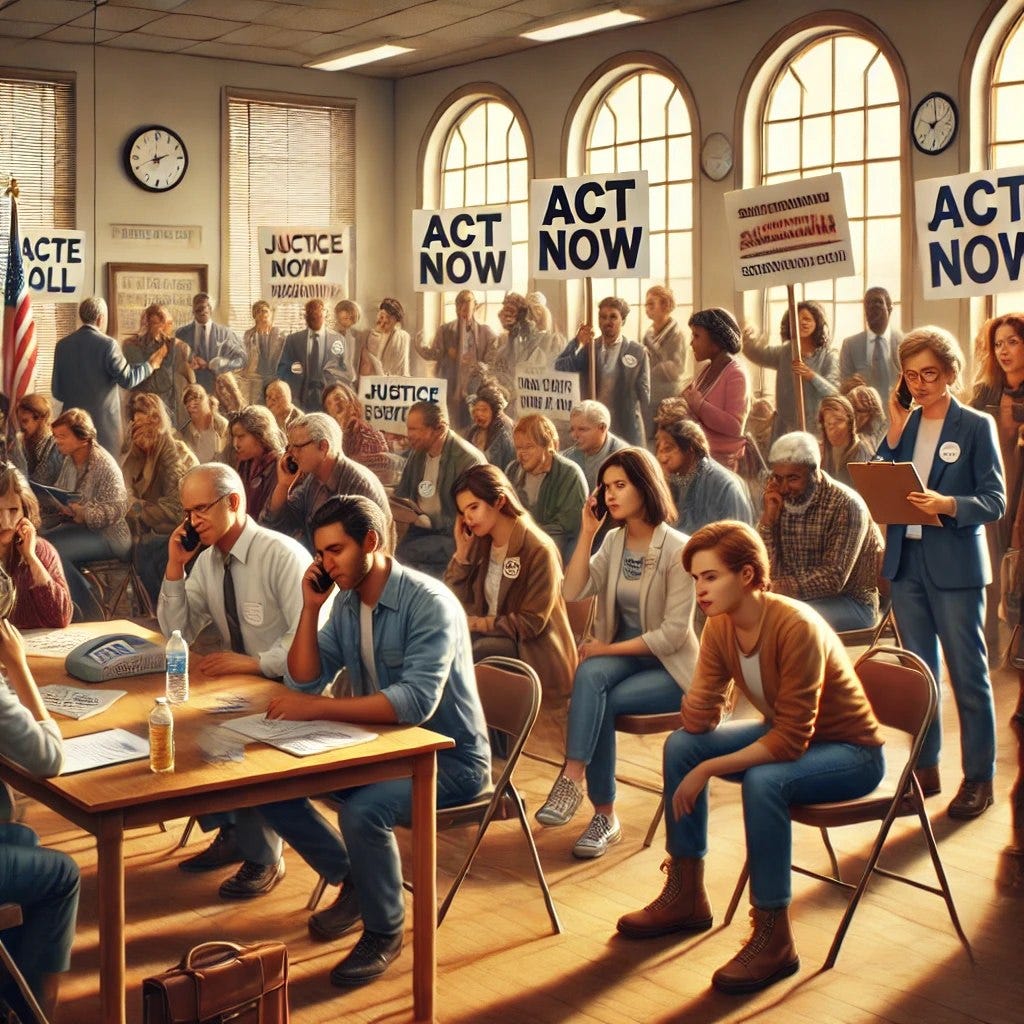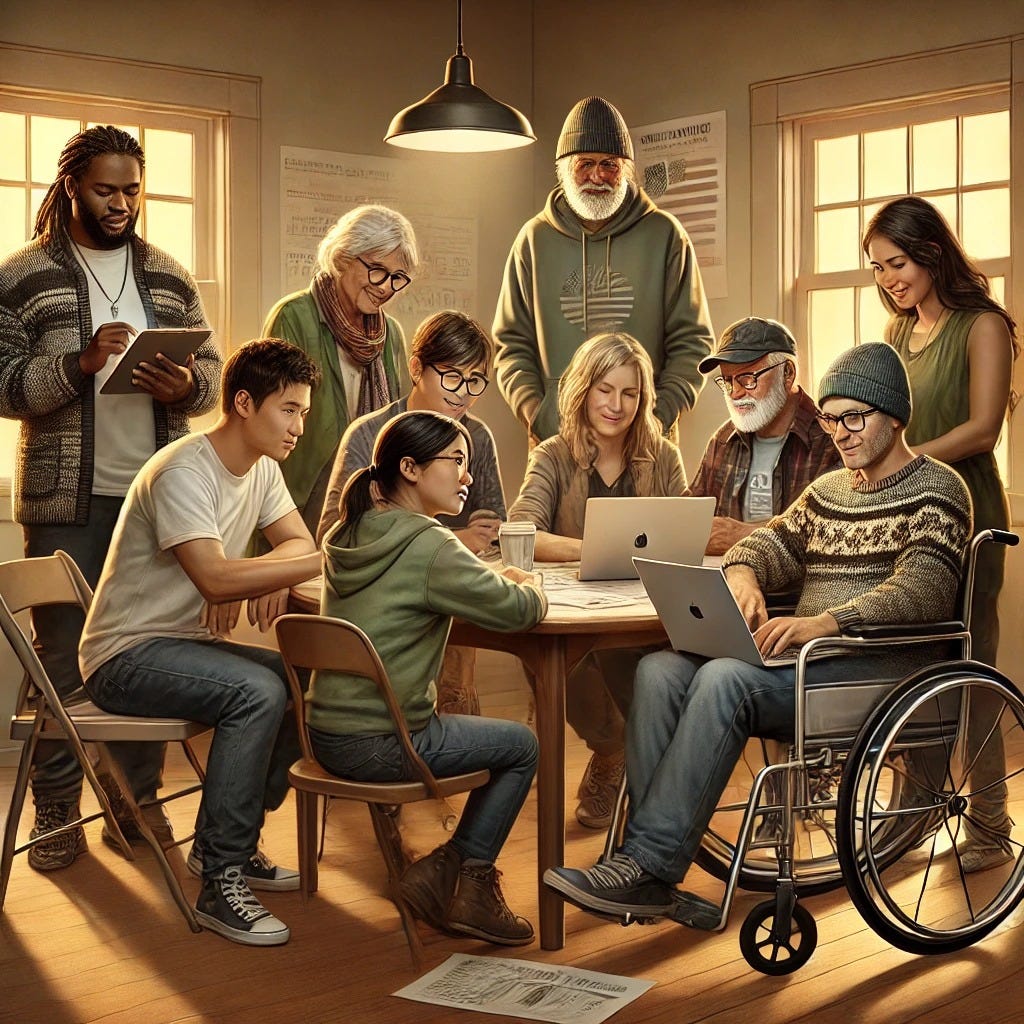On this Fourth of July, let’s remember that our most significant freedom as citizens is, in fact, our number one right. The First Amendment to the U.S. Constitution protects our right to influence our government.
That right is under pressure today — not just from authoritarian threats but also from policies that serve the powerful and ignore the rest of us.
The Founders expected citizens not just to vote but also to stay informed through a free press, speak out about our concerns, and engage directly with our elected officials—by calling, writing, and meeting with them. They also supported public education and libraries to make informed participation possible.
And, of course, we have the right to vote — to elect leaders and approve or reject ballot measures.
These are not normal times. The future of public services, community support, and even democracy itself is being debated and dismantled — often behind closed doors. But we’re not powerless.
We still have tools — and rights — to push back:
Call your elected officials and speak to a staff member or leave a message. That is often the most effective way to get your point across.
Send emails, postcards, or letters. Sign paper or online petitions.
Attend town halls, public forums, or other community events where officials are present.
March, rally, or join a parade — with your message, your sign, and your voice.
Participate in public outreach efforts where government staff share info and collect feedback.
Join government advisory boards or commissions. Or even work in public service!
Vote. Volunteer your skills, knowledge, time, and energy. Donate. Run for office.
Get involved with advocacy groups that reflect your values — whether they focus on specific issues or broader change.
I’ve done all of those since I first got politically involved in college, protesting the Vietnam War. None of them work overnight. But all of them matter — especially when we do them together.
One voice becomes stronger when joined by others. That’s how influence builds—and causes change.
I believe deeply in advocacy groups. I’ve volunteered, donated, and served in leadership roles. There are hundreds, if not thousands, of such groups at the local, state, national, and international levels.
If you care about something in particular, there’s likely a group that shares your concern. A quick web search — or even an AI search — can help you find them. You can also explore this growing list of ideas:
🧭 Don’t Go It Alone: Why Advocacy Groups?
Connect with Advocacy Groups Traveling the Same Road
Where passion meets purpose — and information becomes action.
Other Resources
Step-by-step guides, toolkits, and platforms for effective organizing.
Find your lawmakers, track legislation, make your voice count.
Defend facts. Understand media bias. Spot disinformation.
This is your government. And right now, it's being shaped in ways that could hurt the people who need it most. Your voice matters more than ever.
Speak out, show up, and join others who are doing the same — before more damage is done.




Thanks! I appreciate your commentary and recommendations.